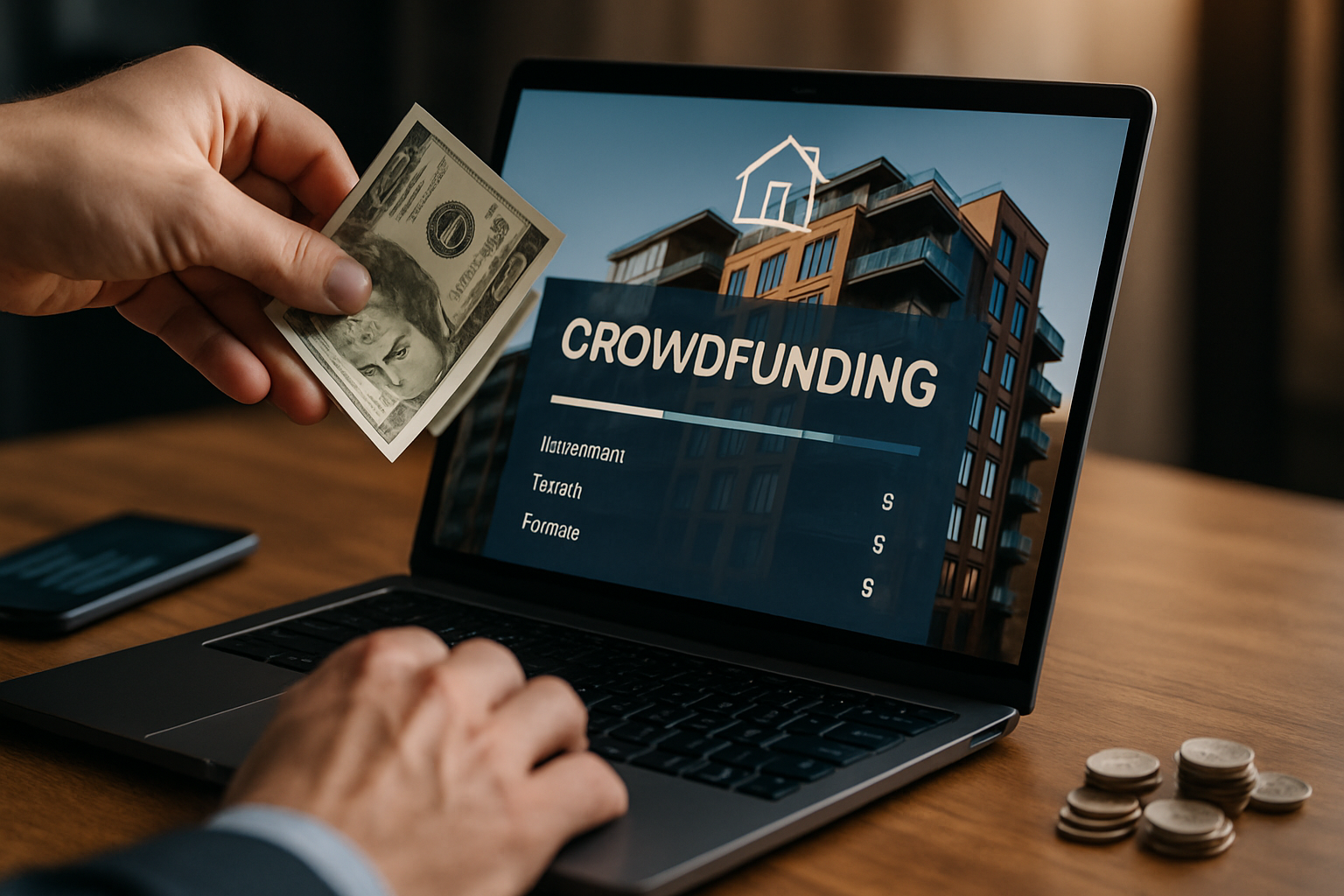Revolutionizing Real Estate: How Property Management Software Simplifies Operations and Boosts Efficiency
In today’s fast-paced real estate industry, managing multiple properties efficiently can be a daunting challenge. Property management software is transforming the way landlords, property managers, and real estate professionals handle day-to-day operations. By streamlining tasks such as tenant communication, rent collection, maintenance tracking, and financial reporting, these digital tools not only save time but also reduce errors and improve overall efficiency, allowing property managers to focus on growing their portfolios and enhancing tenant satisfaction.

Streamlining Daily Operations: From Lease Management to Maintenance Requests
Property management software centralizes critical operational functions that previously required separate systems or manual handling. Lease management, once a paper-heavy process, now operates digitally with automated notifications for renewals, integrated e-signature capabilities, and secure document storage. Rent collection becomes more efficient through automated payment processing systems that can track payments, generate receipts, and flag late payments without manual intervention.
The maintenance request system represents another significant operational improvement. Tenants can submit requests through tenant portals or mobile apps, complete with photos and detailed descriptions. These requests automatically route to appropriate maintenance staff, who can then update the status as they progress. Property managers gain visibility into maintenance patterns, helping them identify recurring issues and make proactive decisions about property upkeep. The software also maintains comprehensive maintenance histories for each unit, providing valuable documentation for property valuation and compliance purposes.
Financial management tools within these platforms handle accounting needs, expense tracking, and budgeting with greater precision. By integrating these functions, property managers can generate accurate financial reports in minutes rather than spending hours compiling data from multiple sources.
Data-Driven Insights: Making Smarter Decisions with Real-Time Analytics
Perhaps the most transformative aspect of property management software is the ability to collect, analyze, and visualize data from across all properties and operations. Dashboard interfaces present key performance indicators like occupancy rates, revenue metrics, expense ratios, and maintenance statistics in real-time. This instant access to critical information enables property managers to identify trends and make informed decisions quickly.
Advanced analytics tools can predict potential maintenance issues before they become costly repairs by analyzing historical maintenance data. They can also forecast rental market trends by combining internal occupancy data with external market information. Vacancy prediction tools help property managers prepare marketing strategies in advance of expected tenant turnover.
Financial analytics provide deeper insights into property performance beyond basic accounting. Managers can analyze the profitability of individual units or entire properties, identify unnecessary expenses, and optimize rental pricing based on market conditions and property attributes. These data-driven approaches replace intuition-based decision making with objective analysis, resulting in more profitable property management strategies.
Enhancing Tenant Experience: Communication and Convenience at Your Fingertips
Modern property management software significantly improves tenant satisfaction through enhanced communication tools and convenient self-service options. Tenant portals serve as centralized platforms where residents can submit maintenance requests, pay rent online, access important documents, and communicate with management. These digital interfaces operate 24/7, allowing tenants to handle matters on their schedule rather than during office hours.
Communication features within these platforms facilitate consistent and documented interaction between property managers and tenants. Automated notification systems can inform tenants about upcoming maintenance, community events, or emergency situations. Some platforms include in-app messaging that keeps all communication in one place for easy reference.
The convenience extends to prospective tenants as well. Virtual property tours, online application processing, and digital screening tools streamline the leasing process. These features not only improve the tenant experience but also expand the potential tenant pool by making properties accessible to those who cannot visit in person.
Property Management Software Market: Options and Considerations
The property management software market offers solutions designed for different portfolio sizes and management needs. Understanding the available options helps property owners and managers select appropriate tools for their operations.
| Software Provider | Best For | Key Features | Pricing Structure |
|---|---|---|---|
| Appfolio | Mid to large portfolios | All-in-one platform, accounting, maintenance, leasing | Per unit monthly fee starting at $1.40/unit |
| Buildium | Small to mid-sized portfolios | Comprehensive management tools, owner portal | $50/month base + per unit fee |
| Yardi Breeze | Property managers seeking scalability | Accounting integration, marketing tools | $1-$2 per unit monthly |
| Propertyware | Single-family rental portfolios | Customizable workflows, tenant screening | $250/month base (up to 250 units) |
| MRI Software | Commercial property management | Flexible modules, financial analysis | Custom pricing based on portfolio |
Prices, rates, or cost estimates mentioned in this article are based on the latest available information but may change over time. Independent research is advised before making financial decisions.
Implementation complexity varies significantly across solutions. Enterprise-level systems typically require more substantial training and setup time but offer greater customization and scalability. Cloud-based solutions generally provide easier deployment with lower upfront costs, making them accessible to smaller operations. Integration capabilities with existing systems—particularly accounting software—should be a key consideration in the selection process.
Future Directions in Property Management Technology
The property management software landscape continues to evolve with emerging technologies. Artificial intelligence is becoming more prevalent, offering predictive maintenance capabilities that can identify potential equipment failures before they occur. IoT integration connects smart building systems with management platforms, allowing automated monitoring of building conditions and more efficient energy management.
Mobile functionality has become essential rather than optional, enabling property managers to handle operations from anywhere. As remote property management becomes more common, these mobile capabilities will continue to expand. Additionally, blockchain technology is beginning to appear in some platforms, potentially revolutionizing security deposits, lease agreements, and payment processing through smart contracts.
Property management software has fundamentally transformed real estate operations by digitalizing manual processes, providing data-driven insights, and enhancing communication channels. As these technologies continue to advance, property managers who embrace these tools position themselves for greater efficiency, better tenant relationships, and ultimately more profitable operations in an increasingly competitive market.




